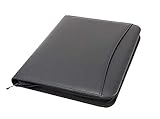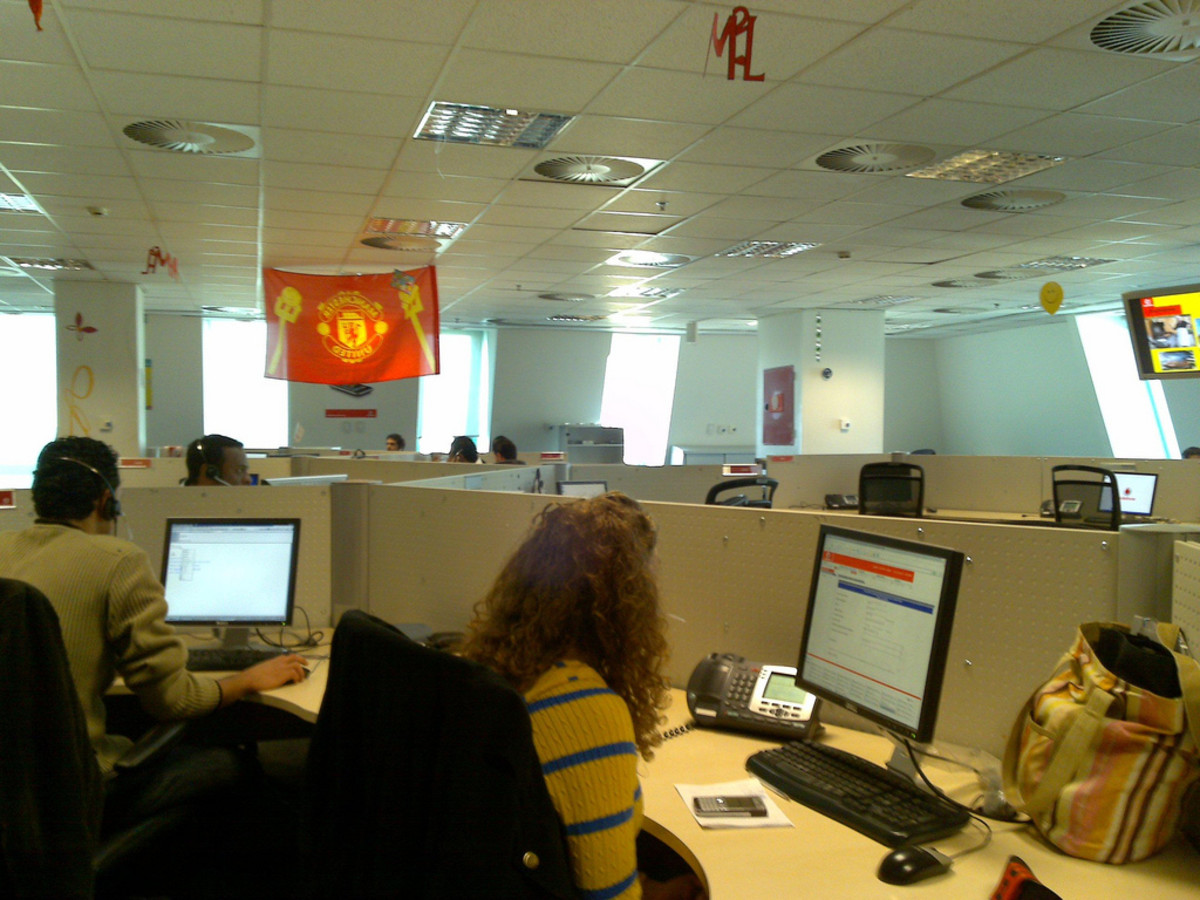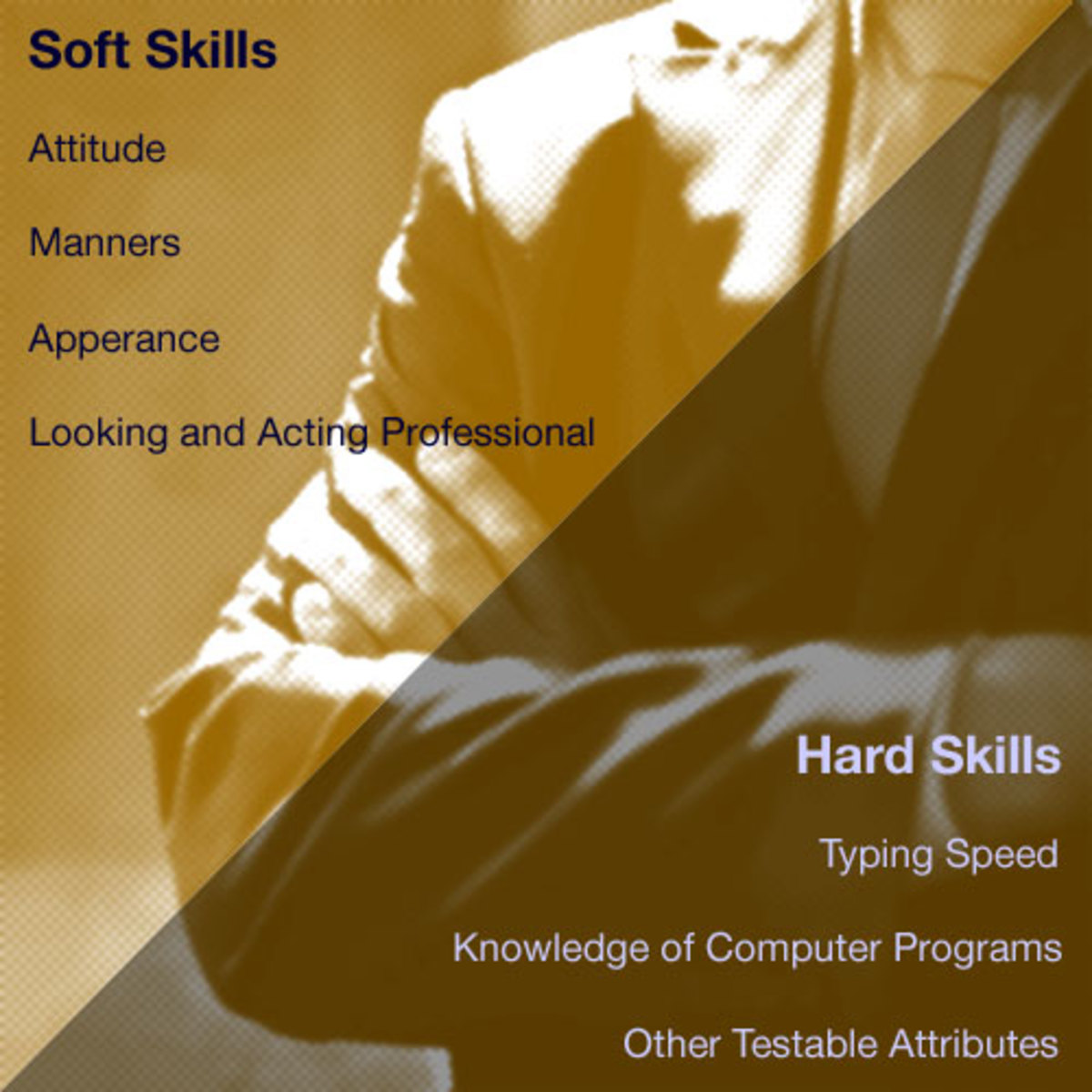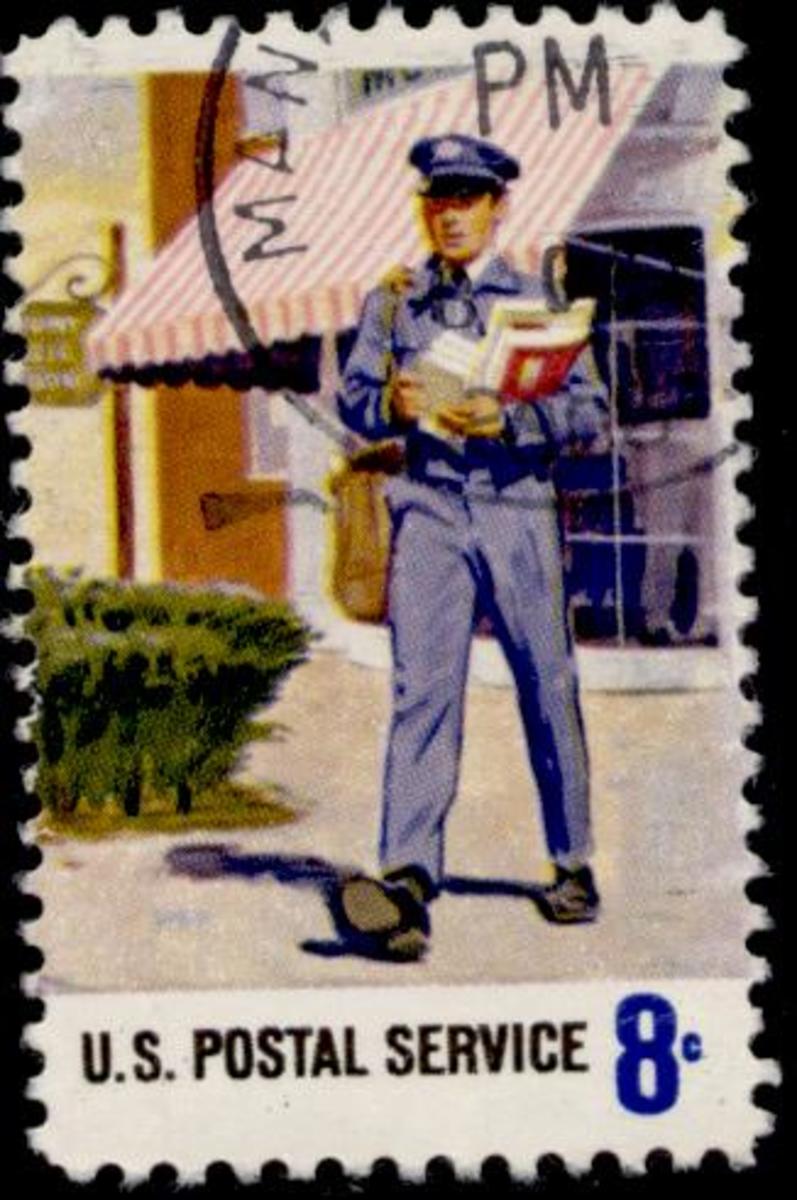- HubPages»
- Business and Employment»
- Employment & Jobs»
- Interviewing for a Job
The Job Interview: Job Interview Preparation and What to Ask
Before an Interview

- Read over your resume so that you can explain everything in detail if you are asked questions based off your resume.
- Rehearse questions and answers that might be asked during the interview. Show enthusiasm, dedication, and ambition through your words and body language when answering questions.
- Research the company and the job description. Study the company’s website. Learn about their environment and what goals, knowledge, skills, and abilities they need. Show how you could be a valuable asset.
- Bring a professional looking briefcase. Make sure you have a solid cover letter and resume. Also bring your reference list and any reference letters you may have, a notepad (be sure to take plenty of notes – especially names), and a few good pens.
- Make sure your resume and cover letter are tailored to the company and the position. Show how you fit in with the job, team, and organization through your testing and application. Know what they are looking for in a candidate and focus on those strengths.
Job Preparation
- 6 Key Steps in Job Interview Prep - US News and World Report
It isn't easy to face down a job interview, particularly in this environment. Prepare for it. - How To Best Prepare For Your Job Interview
Now that you have an interview, there are certain things you will want to do in advance to prepare for it. This article will provide practical tips on how to prepare for a job interview. Remember, you never get a second chance to make a first impress - Career Development Center - Job Preparation
Helpful Interview Resources

Helpful Interview Resources
Take with you a job portfolio or something similar that is professional and helpful to your during your interview.
Carry your interview and job searching materials around with you in an elegant, professional portfolio. Find one that gives you that professional look while servicing you with the functionality you need. Being prepared will make you more confident. When choosing your briefcase, portfolio, or briefcase, make sure it fits your wants and needs. Find one that securely holds business and credit cards, resumes, files, business documents, and notepads.
Leather Zippered Executive Job Portfolio
Why purchase this Leather Executive Portfolio?
Blue Summit Supplies has created an affordable, professional portfolio that’s perfect for meetings and/or interviews. This leather executive portfolio showcases a pad-folio with legal pad, a 10” iPad or tablet sleeve, 6 card slots, 3 pen holders, and 2 zippered pockets. The lightweight design and unique storage compartments make it easy to carry on a daily basis. With durable leather construction and 100% money back guarantee, you can’t go wrong with this portfolio.
- Have portfolio ready
- Have directions, clothes, hair, makeup, etc. ready
- Remove nail polish
- Dress appropriately. Overdress professionally. Don’t dress to draw attention. Make sure your shoes fit and are comfortable in case you have to walk a ways. Wear dark colors. Shave. If you can, wear a suit set or a professional jacket.
- Watch your manners, and watch what you do in the waiting room – they may be watching you to see how you handle lulls in time.
- Clean out your car. Make sure you have plenty of gas and that your car is up to date on maintenance.
- Don’t take in food or drink.

- Do not smell like smoke
- Leave an hour early. It’s always best to be there 30 minutes early. You may want to do a dry run the day before so that you are certain you know how to get there. Use the GPS on your phone or www.mapquest.com. Print the map from that website and the directions in detail. You never know what kind of construction or traffic you will get. Make sure you are not late.
- Ask interviewer or Human Resource director which building, what color it is, whether it is on the left or the right, who to ask for (who you will be interviewing with), where to park, and verify the time (and if you need to be there early to fill out any paperwork).
- Don’t wear perfume.
- Be prepared for a Panel interview, a formal interview with several people, each taking turns asking specific questions. This can be intimidating.
- Always be enthusiastic about the job even if you don’t know much about it!
Make sure you have directions, the phone number, the contact name and title, and the company name with you in the car when you leave.
Questions to Ask Before Your Interview
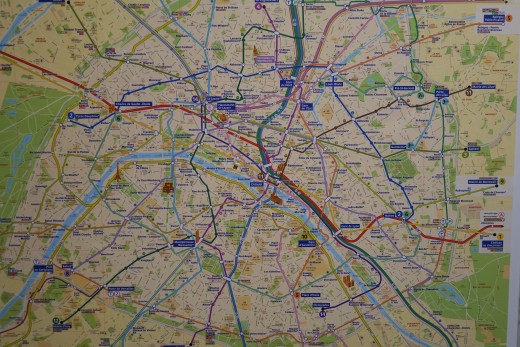
- MapQuest Maps - Driving Directions - Map
Use MapQuest for driving directions and maps. See local traffic and road conditions, find nearby businesses and restaurants, plus explore street maps and satellite photos.
If you field out your resume to hundreds of companies, when one calls you for an interview, you won’t know right off the bat which company that is, so you will need to be prepared with some questions.
Make sure you know the name of the company so you can do further research.
Ask for the name of the person you are speaking with or will be meeting with and their title.
Make sure you have the phone number and address.
Ask for directions and where to park.
Verify the day and time.
Verify the title of the position you will be interviewing for.
Ask if there is anything you need to bring with you.
Questions to Ask During an Interview

When in an interview it is always a good idea to ask questions. However, they should be appropriate questions, and they should be questions that make you look good. I would recommend asking around three questions. These are just examples.
What are the most important skills needed for this position?
What are the details, duties, and expectations for this position?
How would you describe the atmosphere here? Ask specific questions about their company and the field. Discuss what you value about their organization. This shows you have a strong interest in this organization and are well prepared. Explain how you can benefit their company with your skills, talents, and past success.
Explain how you can benefit the company with your skills, talents, and previous successes.
Ask if there will be plenty to do, and explain you like to stay busy.

Is there much teamwork or is this mostly an independent position? Either way is fine with me.
I enjoy brainstorming on ways to improve my position. Will I be able to ask my supervisor or co-workers input?
I appreciate the value of taking notes as I learn new things and master my tasks. Will this be a problem in any way?
Are there any drawbacks you can think of in regards to working here?
Do you see me as a good fit?
Were there any questions in which I didn’t provide an adequate answer?
What are the company’s short and long term objectives?
What are the opportunities for personal growth?
What makes your firm different from the competition?
What do you see as the company’s strengths and weaknesses?
How would you describe your corporation’s personality and management style?
What is the overall structure of the department where this position is located?
What characteristics does a successful person within your company possess?
How often do you supply your employees with feedback?
What is a typical day like in this position?
How do you view the future and stability of this company?

What would be the most difficult part of this position?
I have been known to be creative in finding more efficient ways of doing my job. Is the company open to changing to more efficient methods or do they prefer their current ways?
What are the opportunities for growth?
What skills does the company currently not have but would like to see in the future?
When are you looking to fill this position?
What is the most challenging part of this position?
How many people would be in my department?
What is your favorite part about working for this company?
What is the next step in the interview process?
Questions Appropriate for Second Interview

What is the pay of this position? (if you do not already know)
The second interview is an appropriate time to discuss the salary of the position.
What kind of benefits does this position get? (Medical, Eye, Dental, ST and LT Disability, 401K)
How many days off do you get per year?
Do you get paid twice a month or bi-weekly?
Do you offer educational reimbursement?
What are the hours of the position?
Can you work from home via Logmein or is there any other work from home opportunities?
Are weekends expected ever?
Is there much overtime?

Is the lunch hour flexible or is there a certain time?
What is the dress code?
Will this be an office or a cubicle?
Can I bring a few decor items from home?
What is the earliest and the latest I can stay?
Are their raises, bonuses, commissions, or profit sharing?
Can I listen to music while I work?
How do the time sheets work?
What is my start date?
Interview Types
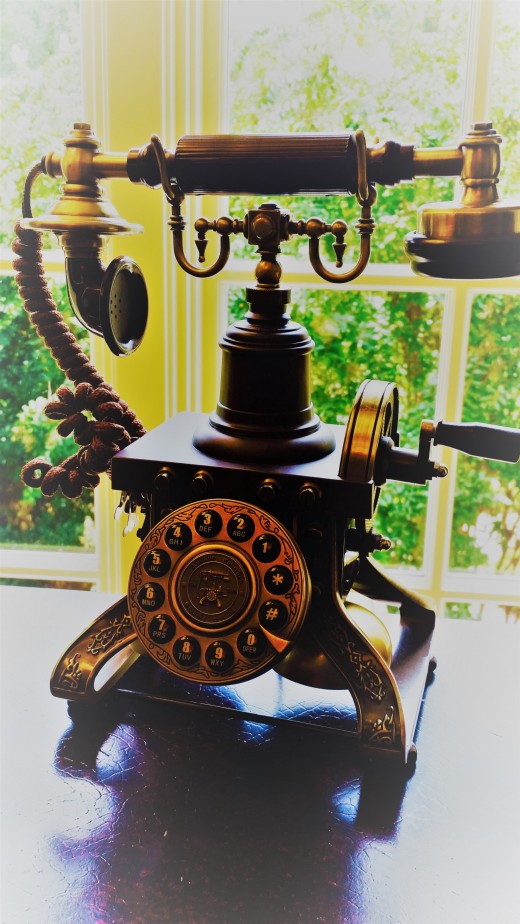
Types of Interviews
Type
| Description
| Keys
|
|---|---|---|
One on One
| Most Common
| Research
|
Panel
| More than 1 Interviewer
| Many Questions
|
Telephone
| Often Pre-Screening
| Professional
|
Co-Workers
| Meet Team
| Get Along with Others
|
- One on One: The most common type of interviewer involving one candidate and one interviewer. This is less intimidating, but also requires more concentration on that person.
- Panel: A formal, structured interview with two or more interviewers. Typically, they take turns asking a specific set of questions. Usually, these are the same questions they ask each candidate in order to obtain an objective opinion of the candidates.
3. Telephone: This may be used as a pre-screening interview or as the actual interview. Often, telephone interviews take place when the interviewer is unable to meet face to face, usually because they are out of the state. Be sure to not chew gum or have distracting noises on. Be very professional, as if this was an in-person interview. Avoid being silly or cool. Check your voicemail often so the potential employer is not left waiting for a response from you.
4. Co-workers: This type of interview often involves the potential supervisor, as well as the closest co-workers you would have. The goal is to see how well you get along with those co-workers and to be able to answer their questions as well. Often, their opinion of you always the decision of the potential supervisor.
Summary of Preparation for Interview
Review Resume
| Pracice Questions
| Research
|
Bring Proper Material
| Tailor Cover Letter
| Tailor Resume
|
Be Ready
| Dress Professionally
| Be Enthusiastic
|
Love What You Do!
Why It's Important to Love Your Career
With technology today changing the way we live and work, doing the work that you love is a crucial part to personal satisfaction and financial success. The author has written a similar book named Zen and the Art of Making a Living which has helped many people determine new and more fulfilling career paths. This book guides readers to the answers they need in order to find meaningful work by focusing on four key elements: Integrity, Service, Enjoyment, and Excellence. The author leads the reader to an understanding of what they should be doing with their life. With 4.5 out 5 stars you don’t want to miss out on this book.
Related Hubpages
- Find the Perfect Job: Job Interview Tips and Tricks to Get Hired
A company is more likely to hire a candidate who has researched their company well rather than a candidate who knows nothing about them. It is a key way to impress their socks off! Ace your interview! - Find the Perfect Job: Examples of Resumes with Different Formats
Attached is information about the different formats resumes may have. Also shown are examples of these resumes with different formats. Chose the format that works best for you to find the perfect job. - Job Interview Letters: How to Write a Letter and Sample Letters
These are job search letters and outlines on how to create your own tailored ones. You will need to know how to create a follow-up letter, a cover letter, and a short electronic letter. - Find the Perfect Job: Reference Questions & Letters & Networking
Potential employers are only allowed to ask your references certain questions. It is important to network and gain as many business contacts as you can in ordere to find the right job for you. - Find the Perfect Job: How to Write an Ace Resume and Get Hired
- Find the Perfect Job: Improve Your Resume and Get Hired Today
There are many ways to make sure you have an ace resume. This post nails some key points on how to ensure you are hired! - Find the Perfect Job: Winning at Applications and Cover Letters
Sometimes the difference between getting a job and not getting a job is how you fill out your applications and if you include a cover letter with your resume. It's important to know how to write them. - Find the Perfect Job: How to Create an Impressive Job Portfolio
- The Job Interview: Job Interview Questions and Questions to Ask
You should be well prepared for interviews. The best way to do this is to have your answers to interview questions ready in advance. Showing your interest can be illustrated by the questions you ask.
Other Helpful Links
- Preparing for a Job Interview
Preparing for a job interview, practicing questions and answers, dressing for the interview, researching companies, and resume writing. - Job Interview Tips
The best job interview tips, techniques and advice to help ensure job interview success including how to practice, how to get ready, and what to bring to an interview. - Talent2 Global
Talent2 Global - UK job search: Find jobs, build a career. It’s not luck, it’s totaljobs.com
Start your job search on totaljobs, the UK’s largest job site. With thousands of new vacancies added daily, you’re sure to find a job that’s right for you. - O*NET OnLine
- iCoach.com

